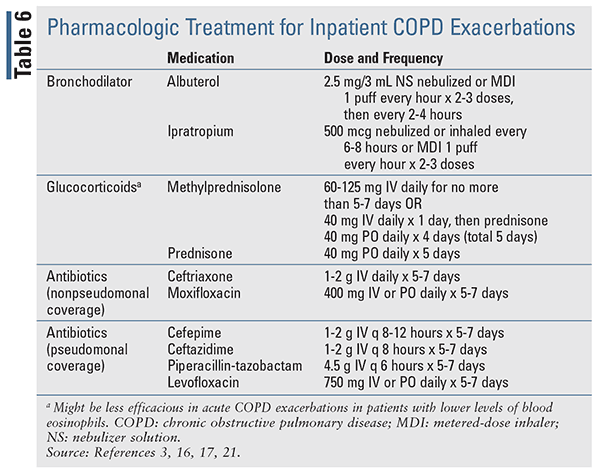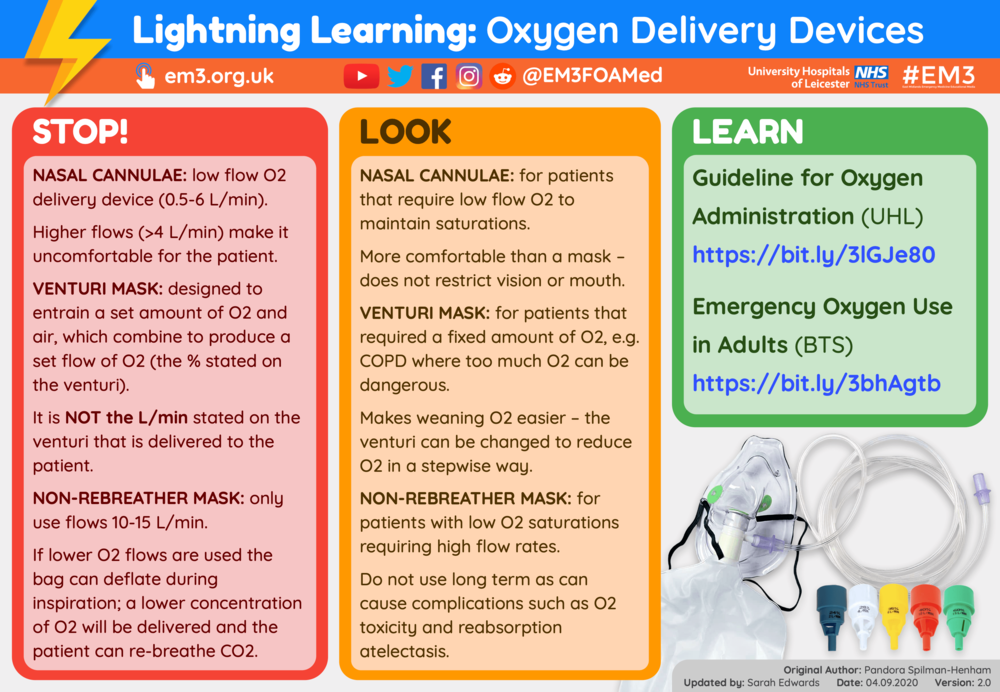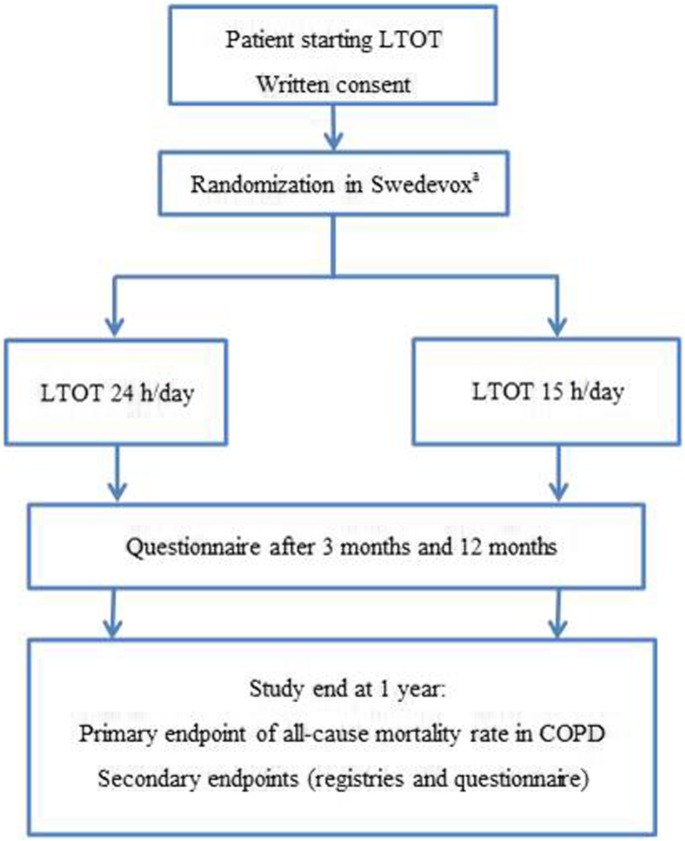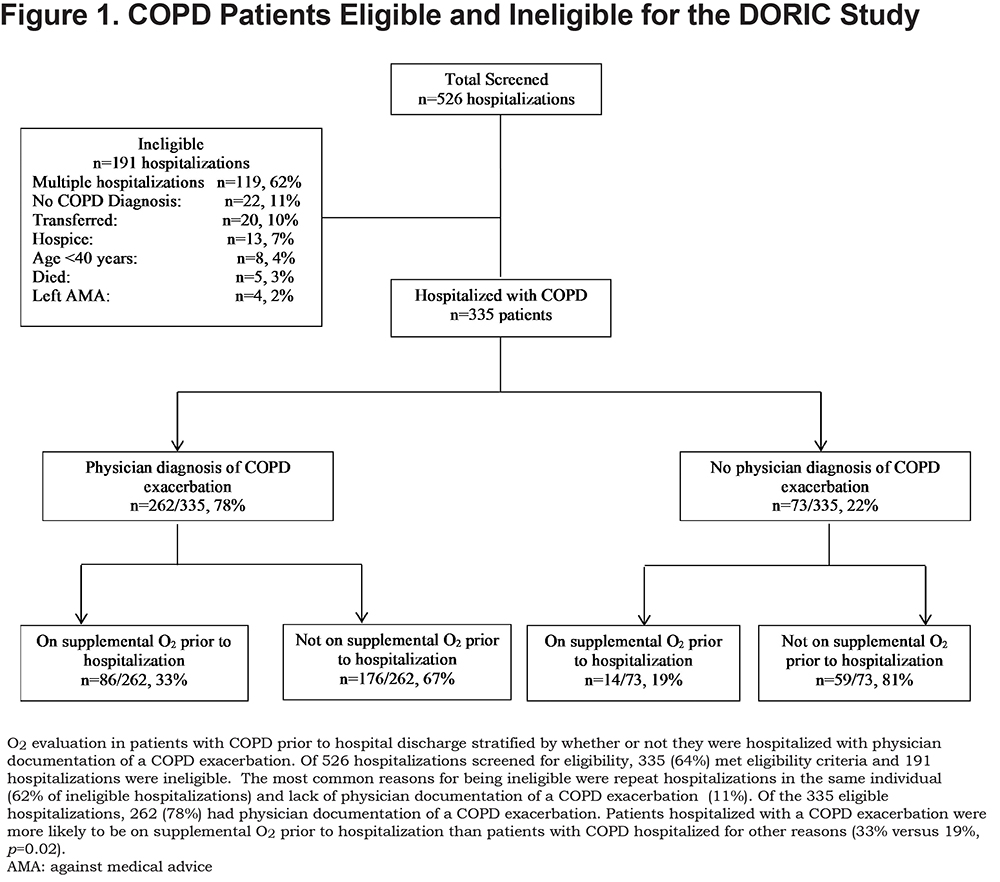oxygen flow rate for copd
Nasal high-flow oxygen therapy HFOT is a novel treatment option for patients suffering from acute or chronic respiratory failure. Aim of our study was to compare safety and.
Peak Expiratory Flow Rate And Copd Exacerbation Journal Of Copd Foundation
Medicaid will only pay for supplemental oxygen if you.

. The flow rate that you need will be highly personalized. This is quite an unusual condition where the. In patients with COPD oxygen O 2-supplementation via a constant flow oxygen system CFOS can result in insufficient oxygen saturation SpO 2.
Oxygen is used to take the strain off your heart not your lungs. Speak with your doctor about your needs before you set up your oxygen equipment. Oxygen flow rates of 10-15Lmin can deliver FIO2 of up to 95 in these individuals.
As a result for patients with a history of COPD oxygen saturation should be no more than 28 via venturi mask 4 Lminute or no. What is the best oxygen flow rate for a COPD patient. COPD is a progressive disease.
However there is a small amount of room air which gets in the system so the FIO2 is. Oxygen therapy in the acute setting in hospital Therefore give oxygen at 24 via a Venturi mask at 2-3 Lminute or at 28 via Venturi mask 4 Lminute or nasal cannula at 1-2. There are four stages of COPD each of which.
A significant decrease in PaCO 2 was observed during oxygen adaption of HFOT and increased PaO 2 coincided with significantly increased SpO 2 and decreased AaDO 2. Over time the symptoms worsen causing increasing breathlessness coughing and more. A recent study that he led found that patients with chronic obstructive pulmonary disease treated with titrated oxygen had lower mortality when treated with titrated oxygen than those who.
Oxygen supplementation via DODS based on liquid oxygen or as an oxygen concentrator yielded comparable physiologic effects during standardized walking in people. Nasal high flow oxygen therapy in patients with COPD reduces respiratory rate and tissue carbon dioxide while increasing tidal and end-expiratory lung volumes. Supplemental oxygen is usually indicated when your oxygen saturations are consistently less than 90 or your PO2 is less than 60.
Administering oxygen for chronic obstructive pulmonary disease COPD is not without risk and it should be properly prescribedin terms of flow rate and mode of. Considering the economic burden of COPD the strict control of oxygen flow rates should not be considered a minor problem. Each person will COPD will need.
Thus treatments that can be easily modified to limit morbidity. A randomised crossover trial. In 1980 Aubier and colleagues studied the effect of high-flow oxygen 15 Lminute on arterial CO 2 tension PaCO 2 in patients with acute.
It helps to prevent something called pulmonary artery hypertension.

Bts Guideline For Emergency Oxygen Use In Adult Patients Thorax

Long Term Effects Of Oxygen Enriched High Flow Nasal Cannula Treatment Copd

Figure 2 From Adult Patients Bts Guideline For Emergency Oxygen Use In Semantic Scholar

Acute Exacerbation Of Copd Aecopd Emcrit Project

Managing Chronic And Acute Copd Exacerbations

Oxygen Therapy Fundamentals Of Nursing Ppt Video Online Download
Peak Expiratory Flow Rate And Copd Exacerbation Journal Of Copd Foundation

Flow Rates And Oxygen Concentrations Delivered By The Home Oxygen Download Table

What Are The 4 Stages Of Copd And The Symptoms Of Each

High Flow Nasal Cannula For Chronic Obstructive Pulmonary Disease With Copd

Lightning Learning Oxygen Delivery Devices Em3

Administration Of Supplemental Oxygen Nejm

Gold Copd Strategy What S New For 2021 Implementing Guidelines Guidelines In Practice

Registry Based Randomized Controlled Trial Of Treatment And Duration And Mortality In Long Term Oxygen Therapy Redox Study Protocol Bmc Pulmonary Medicine Full Text

Supplemental Oxygen In Hospitalized Copd Patients Journal Of Copd Foundation

High Flow Nasal Cannula For Chronic Obstructive Pulmonary Disease With Copd

Oxygen Therapy Definition And Patient Education

Supplemental Oxygen During Exercise Training In Copd Full Of Hot Air European Respiratory Society
